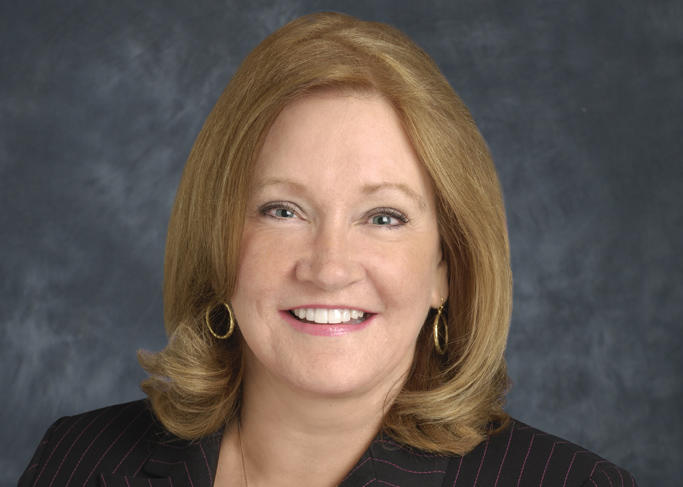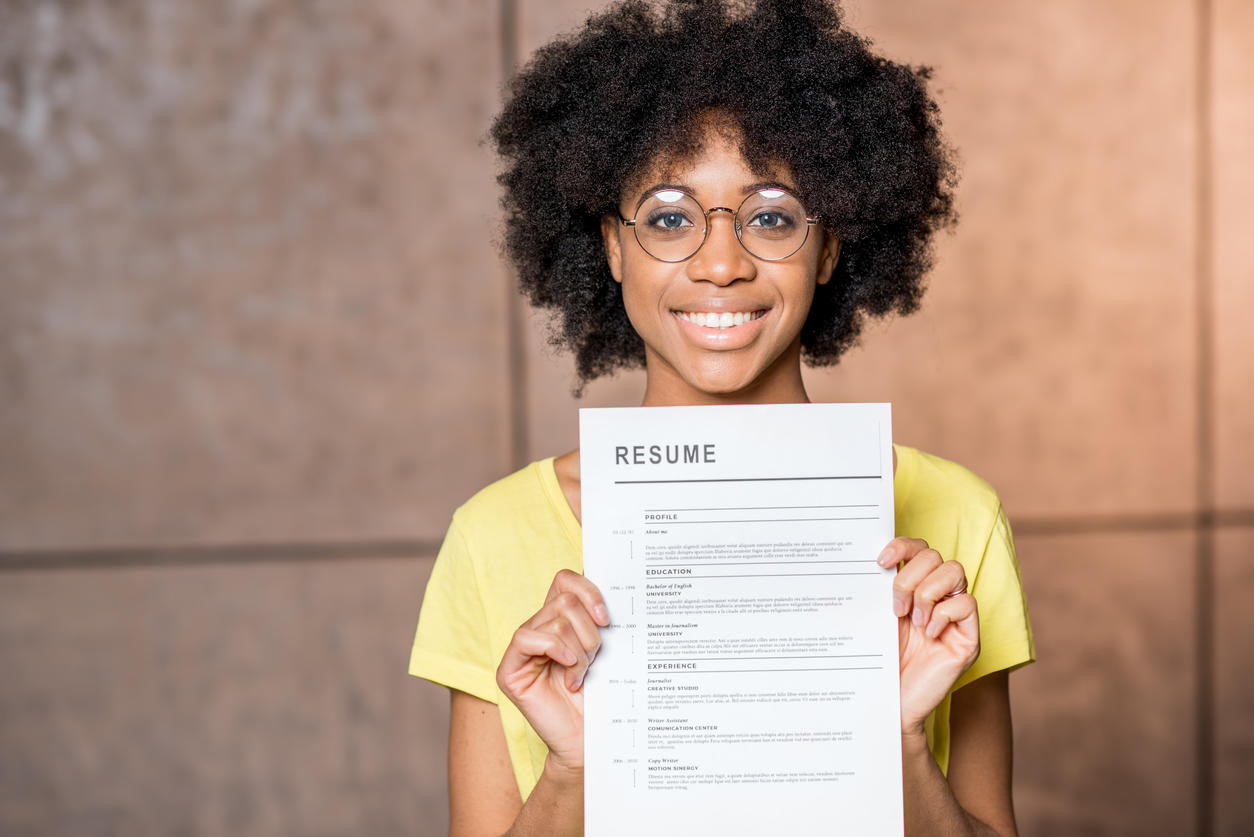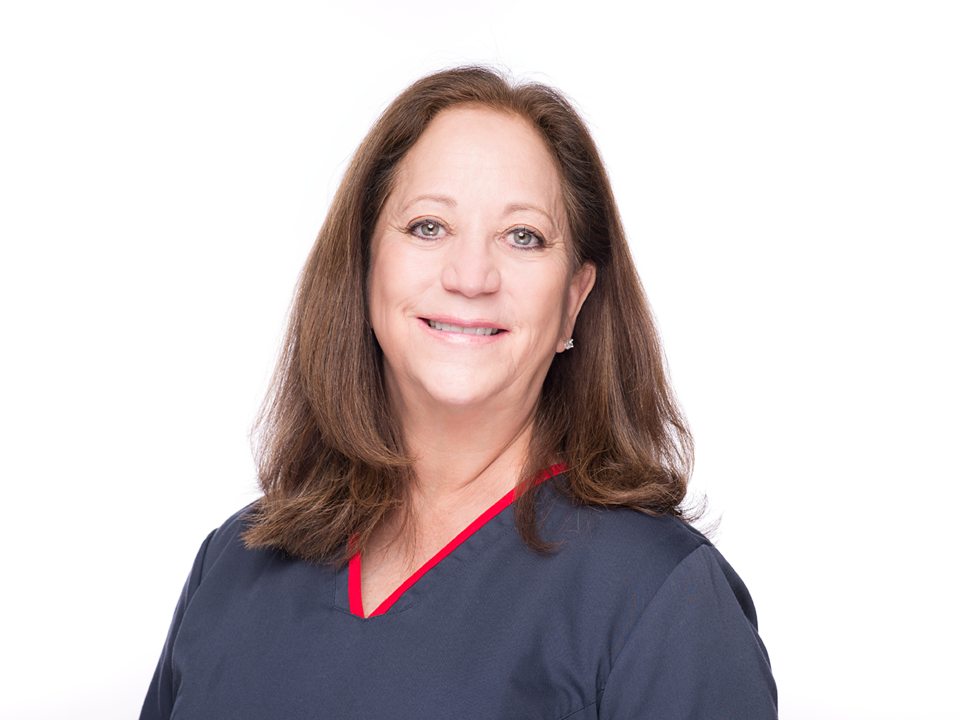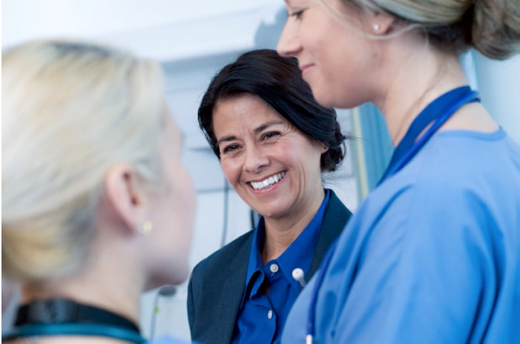Featured
Tags
Share

Margaret Harvey, PhD, MSN, MAT, RN, starts her day between 3 and 5 am each morning with a chai tea. She worked as a nurse in the NICU and in pediatrics, community health and mental health before becoming an educator. She survived a debilitating accident, as well as nursing school as a non-traditional student. She loves spending time with her six grandchildren, and counts “Grey’s Anatomy” as a guilty pleasure. Dr. Harvey is also president of the Indianapolis campus of Chamberlain College of Nursing. Here’s what she has to say:
Did you always know you wanted to be a nurse?
I knew that I loved working in the hospital, just from an experience I had in high school. I also knew that nursing gave me the opportunity that many jobs didn’t. When I went back to nursing school, I had two small children, a husband and a mortgage. I knew nursing, besides allowing me to feel fulfilled, also gave me the opportunity that most jobs didn’t – and that is to work part-time, to work full-time, to work per diem, to work in mental health or pediatrics or OB or med-surg. There were so many opportunities that no other position offered me.
What finally pushed you to go to nursing school?
I always wanted to do it. I finally came to the point where I realized I didn’t want to live my life with regret. I didn’t want to someday look back on my life and say, “If only” or “I should have,” or “I could have, but I didn’t.” That really gave me perspective. I didn’t want to have regret, and I was already regretting that I hadn’t gone to nursing school.
What is the value of getting a higher degree for registered nurses?
You can be the best and most experienced nurse on the floor and have an ADN or diploma. You can be a critical thinker, be dedicated to your patients, never miss a day, be the first one to answer the call bells and be the one that all the doctors and patients love. And then a posting goes up for a job opportunity you’re interested in, and a candidate with a higher degree gets the job.
A degree does more than just enhance your critical thinking. It allows you upward mobility and gives you choices. To me, it’s very short-sighted not to get your degree, because even if you love your job now, you’re not sure that in 10 years that’s where you want to be.
What makes a nurse extraordinary?
Obviously, they have the technical skills but that’s not what sets apart an extraordinary nurse. An extraordinary nurse is someone who understands that the touch, the listening ear and the compassionate heart can turn a life around. And they understand that they’ve been given the privilege to enter someone’s life at a point when they’re most vulnerable. That’s not only a privilege, but a responsibility not to be diminished.
What issues in nursing do you feel strongly about?
I feel very strongly that nurses need to mobilize themselves more politically. There is a difference between being a technical nurse and a professional nurse. A professional nurse has an obligation to the profession—they’re not just doing tasks, they’re actually contributing to the profession. How do you contribute? Yes, you do evidence-based practice, which I think is important. But it also means standing up for causes and for things that really further our profession as far as equity, pay and not allowing professional drift.
As an example of professional drift, in some states, a secretary at a public school can administer medications. It’s an administrative assistant who, when a child comes in and says they can’t breathe because of an asthma attack, hands them over an inhaler. It’s not a nurse who is doing an assessment for perioral cyanosis because they’re having trouble getting oxygen. It’s not the nurse who’s taking the vital signs. We’ve allowed in some states a drift of our profession and allowed others to do some of the things that I believe are really nursing tasks. I feel very strongly that nurses need to more politically astute, and weigh in on things that are going to impact not only our profession, but our patients.
What are your some of your interests outside of nursing?
I love to travel. I’ve traveled all over the world. My favorite place was Pompeii in Italy. I was fascinated thinking of that place as a bustling town with no awareness of the danger.
I also enjoy writing, reading, gardening, shopping and spending time with my children and six grandchildren. I like to watch medical dramas like “Grey’s Anatomy,” if for no reason other than to critique it. In one way, I’m thankful to “Grey’s Anatomy,” because it highlights the medical profession and makes people who are interested in medicine become more interested. On the flipside, it doesn’t portray the nurse. You have this collection of doctors, and you never, ever, see a nurse. You don’t see the nurse doing any critical thinking.
What’s one interesting fact about you?
I lived in Finland and Russia as a student in high school. I lived in the city of Jyväskylä, Finland, and St. Petersburg, which was then Leningrad. In 1969, when we landed on the moon, I never knew it. Russia shut it down—they came on our bus and took all printed materials, from Bibles to Seventeen magazines. We never knew until we left Russia and went back to Jyväskylä that we had made it.
Classes at the Indianapolis campus start May 6, 2013. Visit us today!
By Molly Mattison
More from Home
Request More Information
To receive the Chamberlain University Program Guide, including associated career paths, please select a program of study.






